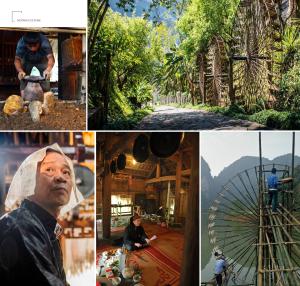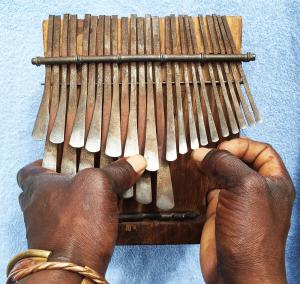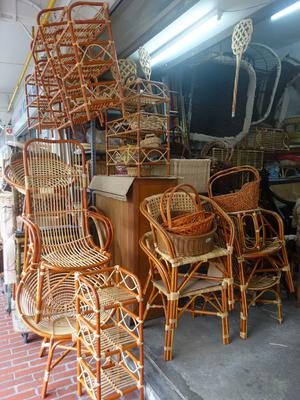Turkish Çini are glazed tile and ceramic household items made from pulped clay are called Çini. This Çini-making craftsmanship dates back to the 12th century with its unique production methods such as ‘Minai’, Luster’, ’Polishing’, and ‘Underglaze’. Çini craftsmans can be described as having high ethical manners, knowledge of traditions, and the techniques in making Çini. The Turkish Çini-making has important cultural function in Turkey, as many of these ceramics are often baked in households. The next generation of Turkey can learn from the aesthetics of Çini, which are based on primarily the elements from the surrounding, such as geometric shapes, plants, and animal figures. The masters of Çini-making Craftsmanship must transmit their knowledge of supplying the raw materials, preparation and production of Çini-making, as well as general knowledge or significance of their art pieces. Çinis is a cultural process of making household items for the people of Turkey, it should be considered a national treasure. You can watch "Traditional Turkish Çini-making Craftsmanship" on youtube: https://www.youtube.com/watch?v=UsXC6a6kSPo References ICH Unesco, Wikipedia, Alamy
04-29-2019

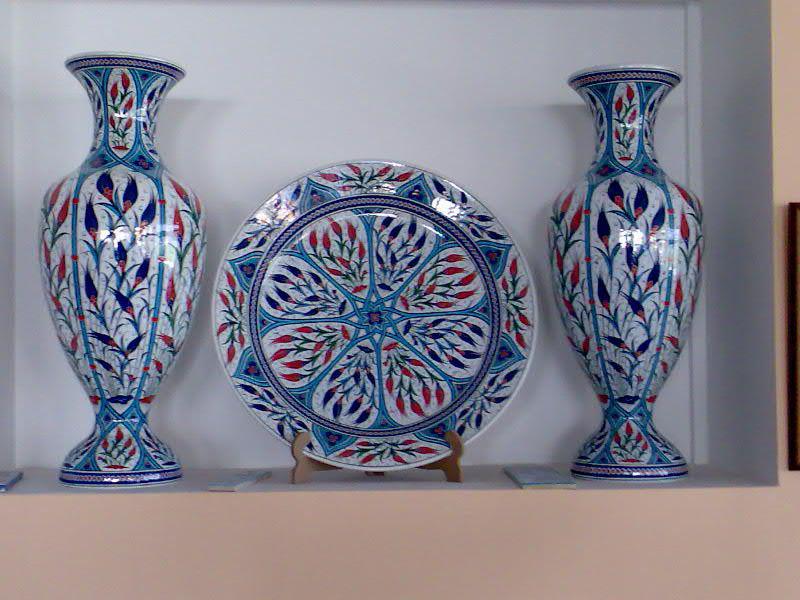
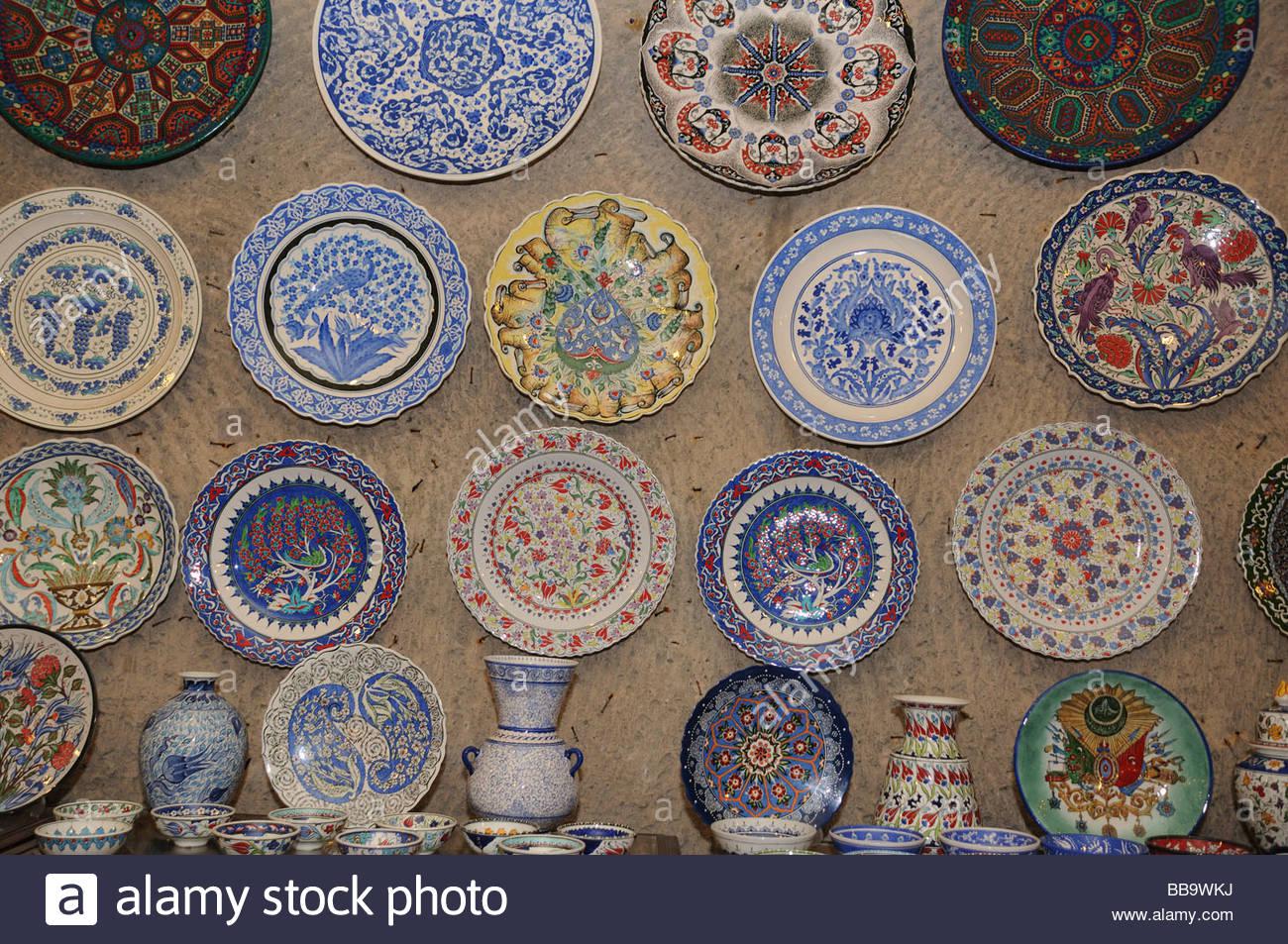
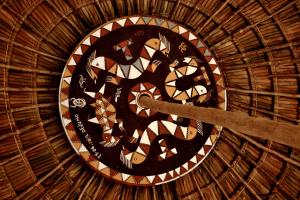

.jpeg)

.jpg)




.png)
.jpg)















_(31711258567).jpg)

















